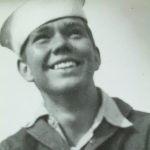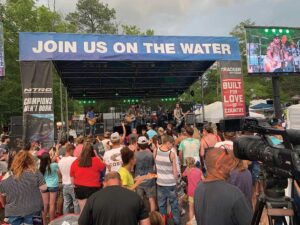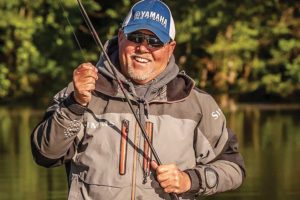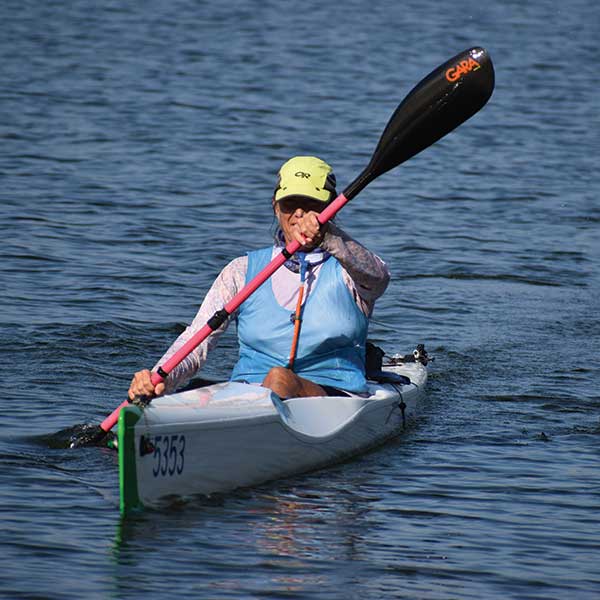
The world’s longest paddle race showcases the wonder of Alabama’s waterways
Story by Paul South
Submitted photos from Max Jolley, Great Alabama 650
Max Jolley was 7 when he picked up a paddle for the first time. And from that first pull of wood through water – a centuries-old skill he says takes the whole body, head to toe, mind and muscle – he’s been a recreational kayaker on the Coosa River and its companion lakes, Logan Martin and Neely Henry.
Needless to say, in 2019 – when the Alabama Scenic River Trail launched the maiden Great Alabama 650 – the world’s longest paddle race – he was intrigued. Fifty miles of the race traverses St. Clair County.
“Last year, I was interested in it,” he says. “This year, I was really looking forward to it.”
Jolley isn’t a competitor, but he and others like him play a valuable role in the 10-day race, He’s a “trail angel,” one of a small army of good Samaritans who do everything from providing meals and places to sleep to portage, helping weary paddlers portage their craft over land and in and out of the water at all hours of day and night.
The racecourse passes Jolley’s home. He helped competitors portage their craft out of the water at Logan Martin Dam. But the paddlers, not the paddling, draws Jolley to the competition, one of the least known events in American sports. For paddlers, it’s a magical mystery tour of Alabama rivers and lakes, featuring changing currents, landscapes, flora and fauna.
And for the trail angels like Jolley, friendships are forged. Competitors came from as far away as Hawaii.
“There are a lot of different-walks-of-life people that you meet,” Jolley says. “It’s just interesting talking to the paddlers and their ground crews, to see what they do and how they do it and why they do it.”
Alabama tourism officials, like Clarke County resident Linda Vice, president of the Alabama Scenic River Trail, hope the 650 puts the spotlight on Alabama waterways, the reason behind the race. Alabama has 5,300 miles of accessible waterways, stretching from the mountain streams of north Alabama southward to the salt and sand of the Gulf Coast. State tourism officials bill the trail as the “most experience-diverse river trail in America.”
“We started the Scenic River Trail as an environmental and tourism project, as well as a recreational thing,” Vice says. “What we wanted to do was get people out on the waterways so they could see the natural beauty and so that they could find a low-cost sport that anybody could participate in if they had a kayak or a canoe.”
The trail was the brainchild of Fred Couch, a veteran Alabama kayaker. It was decided that the trail needed a premiere event to draw attention to the river trail. After fact-finding trips to paddle races in Alaska, Colorado and around the country, Alabama organizers learned something.
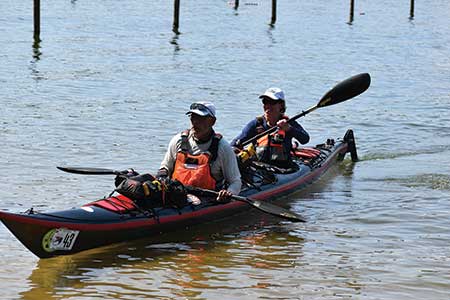
“We realized through them that we had the best race in the nation, because of the types of situations they would find themselves in as they traveled the trail,” Vice says. “It’s also the longest, with 632 miles. So, what we did was put together the race.”
While the inaugural race was open to all comers, qualifying was required to compete in 2020. COVID-19 sank qualifying this year, but 20 participants – tandem and individual racers, male and female – competed, and most finished the race.
“We started this race to draw attention to Alabama’s rivers as recreational waterways,” Vice says.
In a sports-crazy state that lives and dies each autumn Saturday with roaring football crowds, the Great Alabama 650 is different, the slap of wood on water, the silence of shifting currents, the quack of ducks and the splash of jumping fish.
“The diversity of landscape is a really big deal,” Vice says. “There are all kinds of fossils and plants. There are so many things.”
And then there are trail angels like Jolley, who do anything and everything to help the paddlers, from helping schlep wet, heavy kayaks, to cookouts featuring sizzling Conecuh County sausage.
“A lot of our angels will take them to their houses and cook ‘em a meal,” she said. “We have chapters of supporters and paddlers around the state.”
In its short history, the Great Alabama 650 is generating attention in the paddling community and beyond.
“The 650 is the most challenging race in the world according to the participants,” Vice said.
And the race is having an impact on tourism in St. Clair County, even with its short span in the county. Ecotourism is a growing sector of the local economy.
“We’re delighted that they’re here,” St. Clair County Tourism Director Blair Goodgame says. “Any economic, or any ecotourism is going to promote quality of life for the area here. It’s going to promote a healthy lifestyle, our connection to nature and wildlife and really push our citizens to be guardians of the resources that we have.”
Ironically, COVID-19 has led to an increase in outdoor activity, as residents look for socially distant activities to combat coronavirus cabin fever.
“COVID-19 has amplified things. But even before the pandemic, people were beginning to re-invest in the outdoors in their local communities. And luckily for St. Clair County, we have the natural assets here to be able to play on that. So, we have become just an outdoor recreational paradise because we do have so much potential to grow,” Goodgame says.
Don Smith, executive director of the St. Clair County Economic Development Council, says the 650 fits in the ecotourism sector of the county’s economic vision. Interestingly, Smith saw something similar, thanks to the trail angels who serve hikers along the Appalachian Trail. For hikers, those angels spark a fondness and an everlasting memory of those communities, and perhaps a desire to return.
“I think if we can continue to encourage those racers as they’re going through our community, the word about how we support those communities will get out and hopefully will get folks to come back and visit with us,” Smith says.
The kayakers in the Great Alabama 650 share the waters with ski boats, bass boats, sailboats and pontoons. And sometimes, hospitality comes in colorful – yet illegal ways.
“A guy in a boat offered one of the paddlers a beer …,” Jolley says with a laugh.
Not unexpectedly, the paddler refused the offer.
The paddlers, you see, have am abiding reverence for their sport. And like many of the residents on the Coosa, on Logan Martin and on Neely Henry, they have a reverence for the land and water. The attention wrought by the Great Alabama 650 may deepen that respect.
“It certainly won’t hurt,” Jolley says. “Boaters in general – kayakers, canoers, outdoor sports people in general – they respect the environment. They understand the water, and they know what happens on the water. And they want to keep the water clean.”











